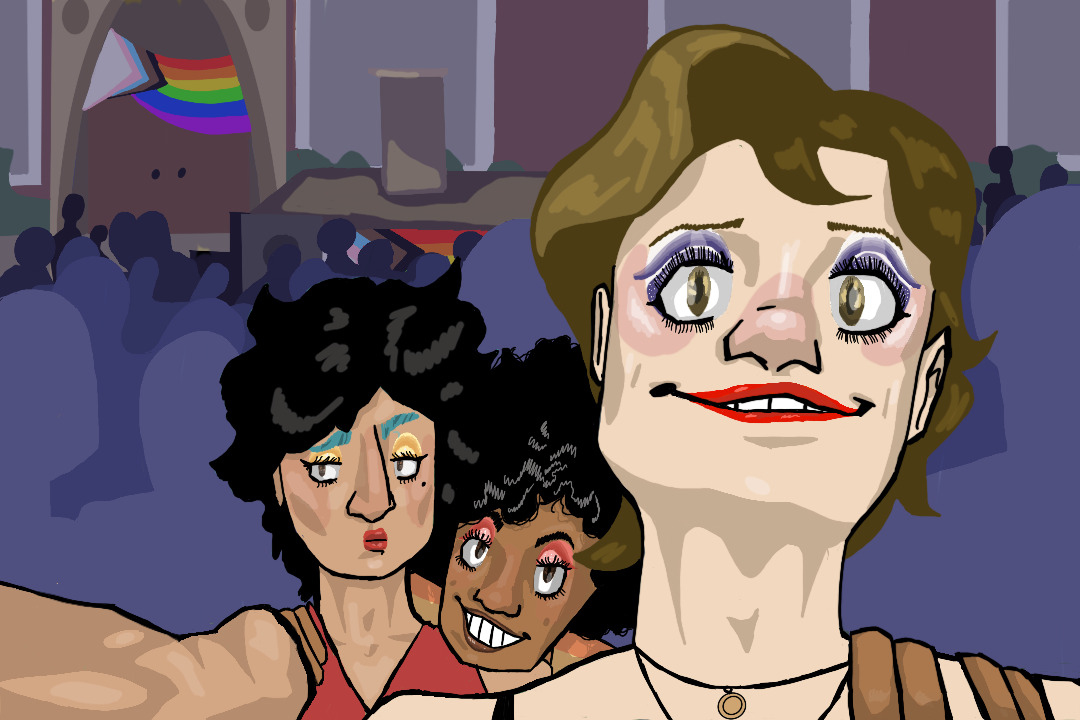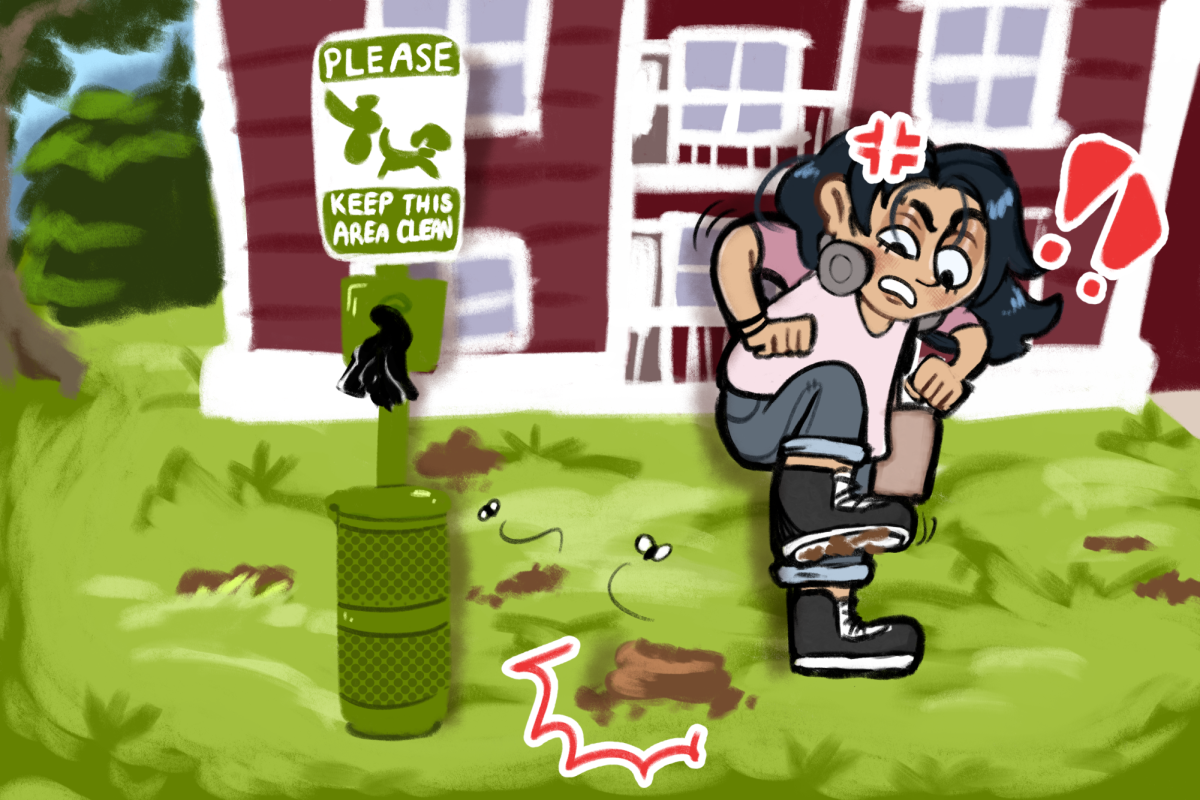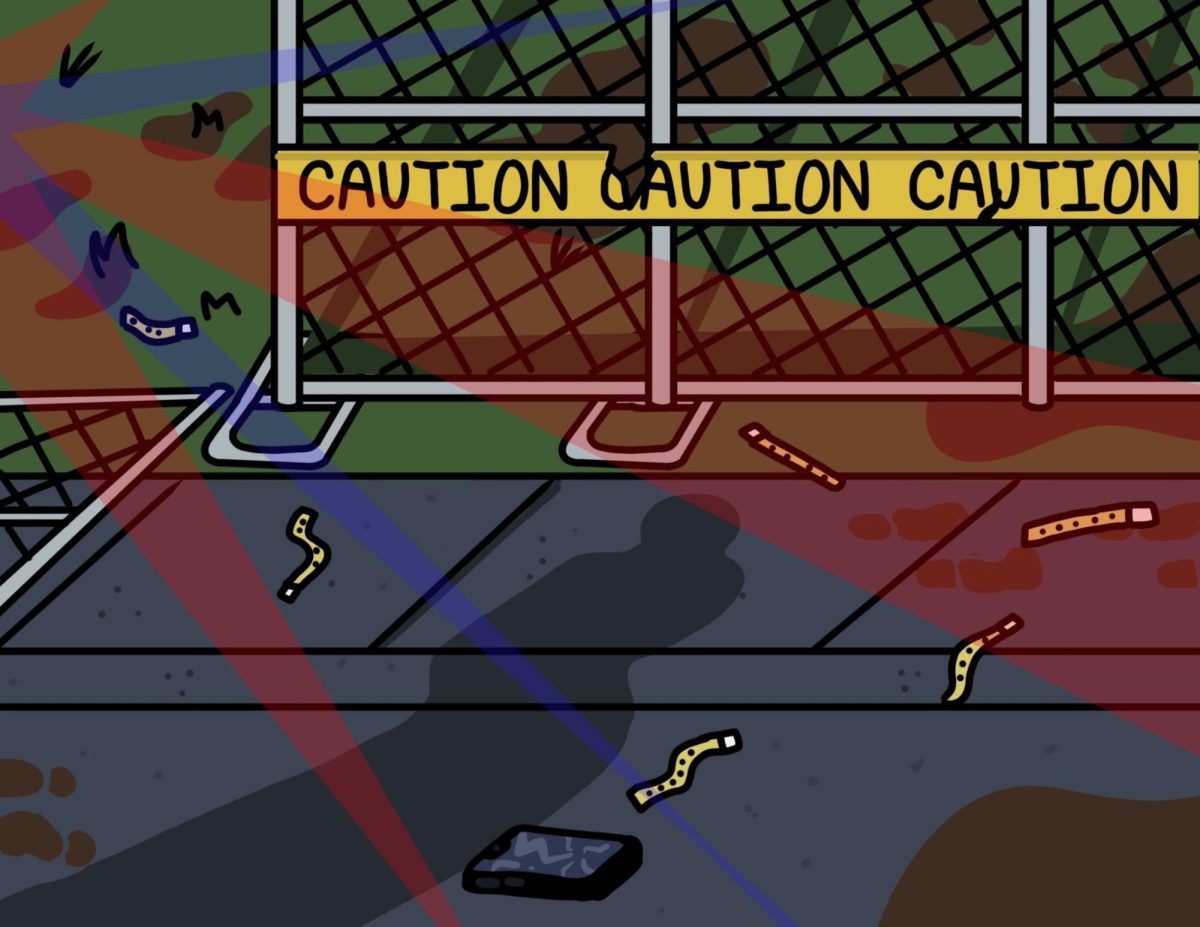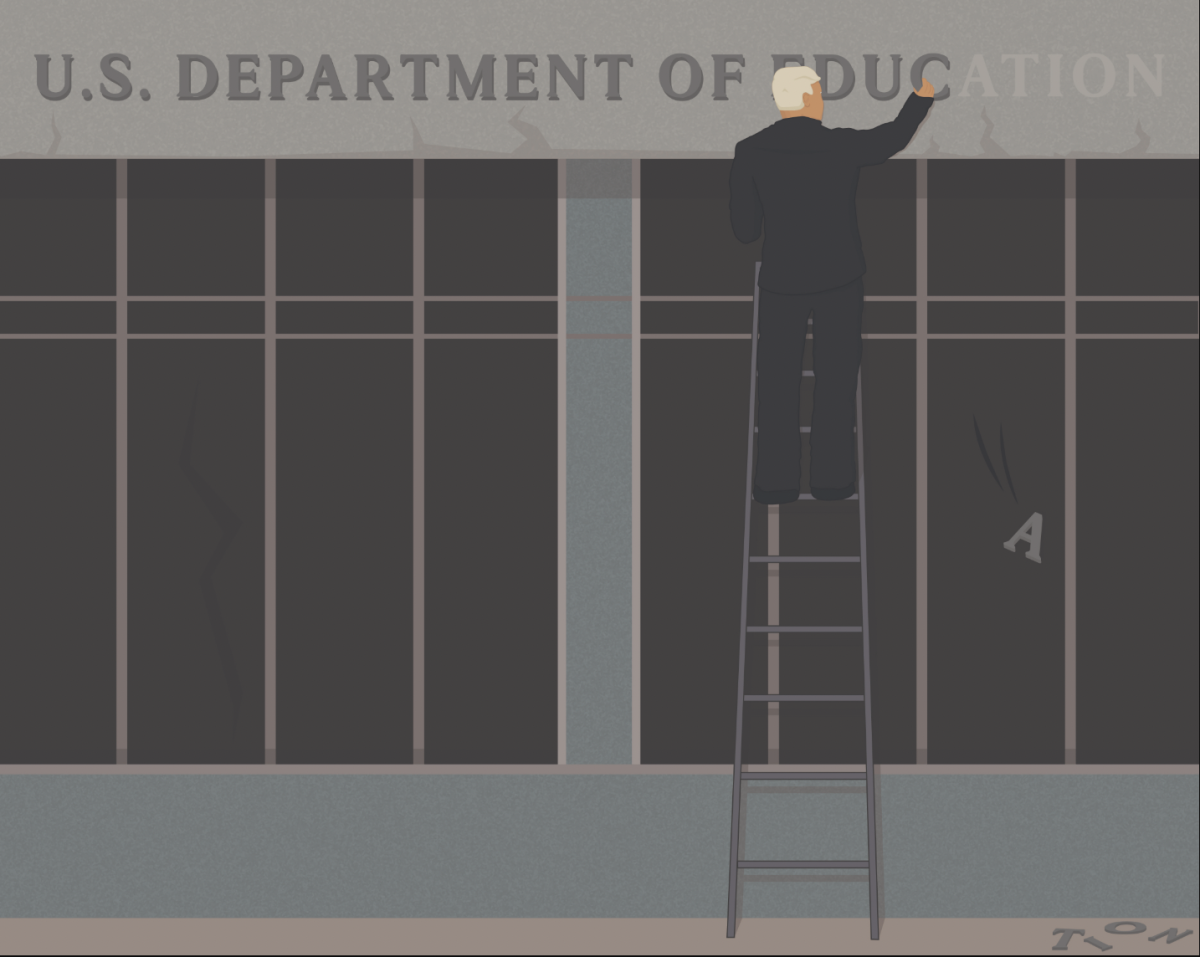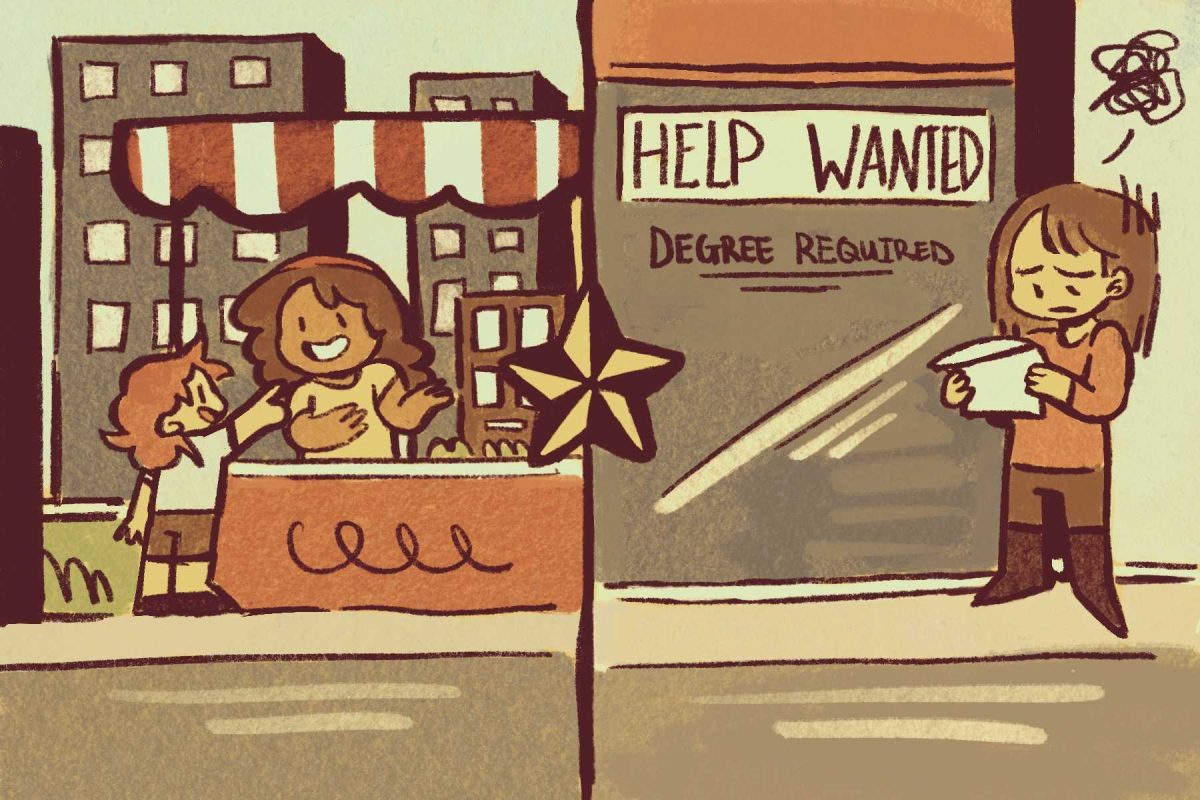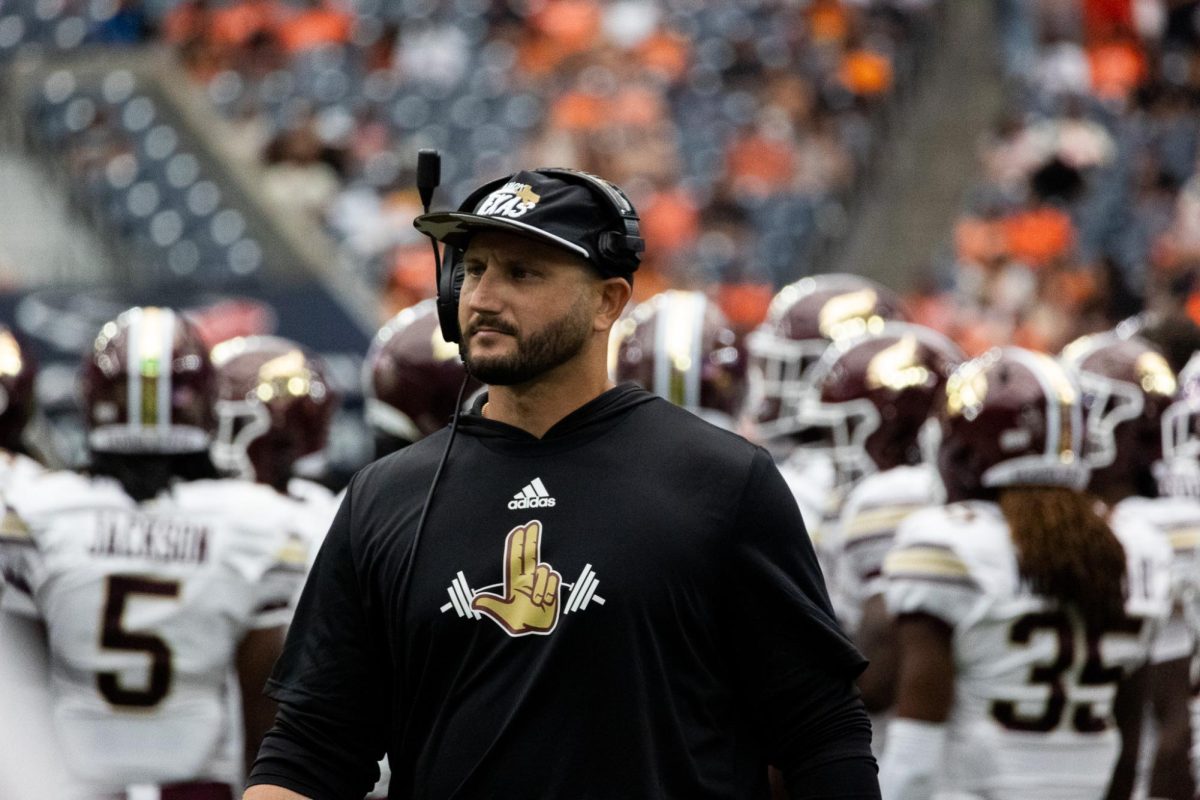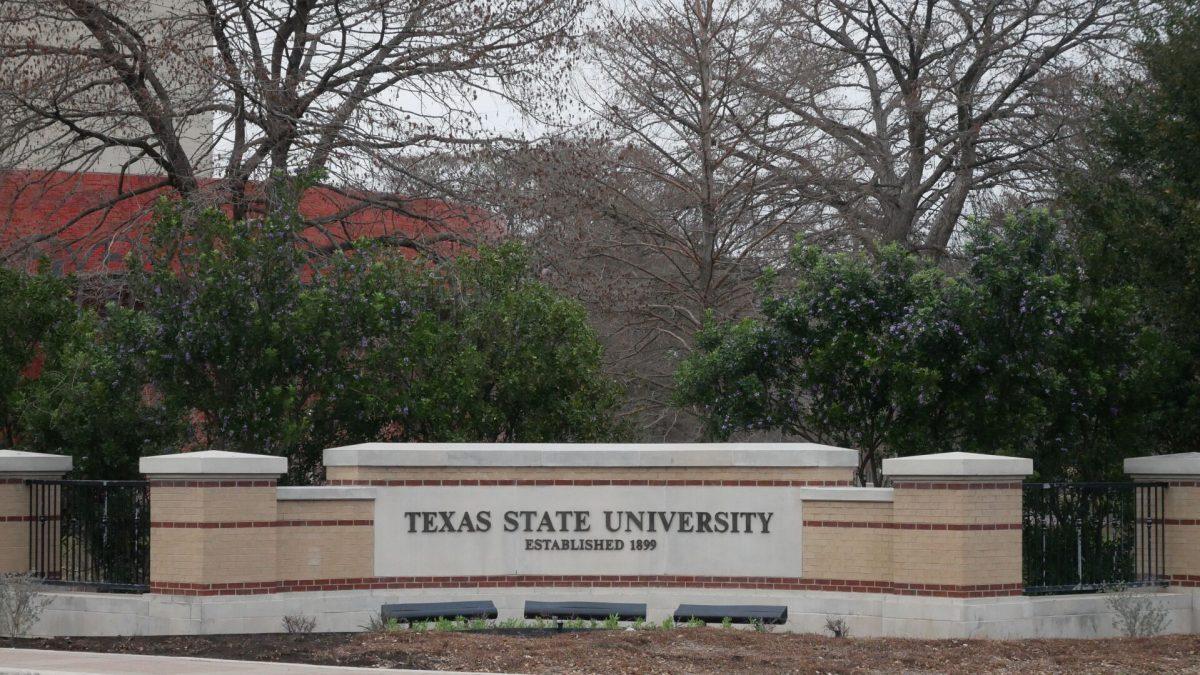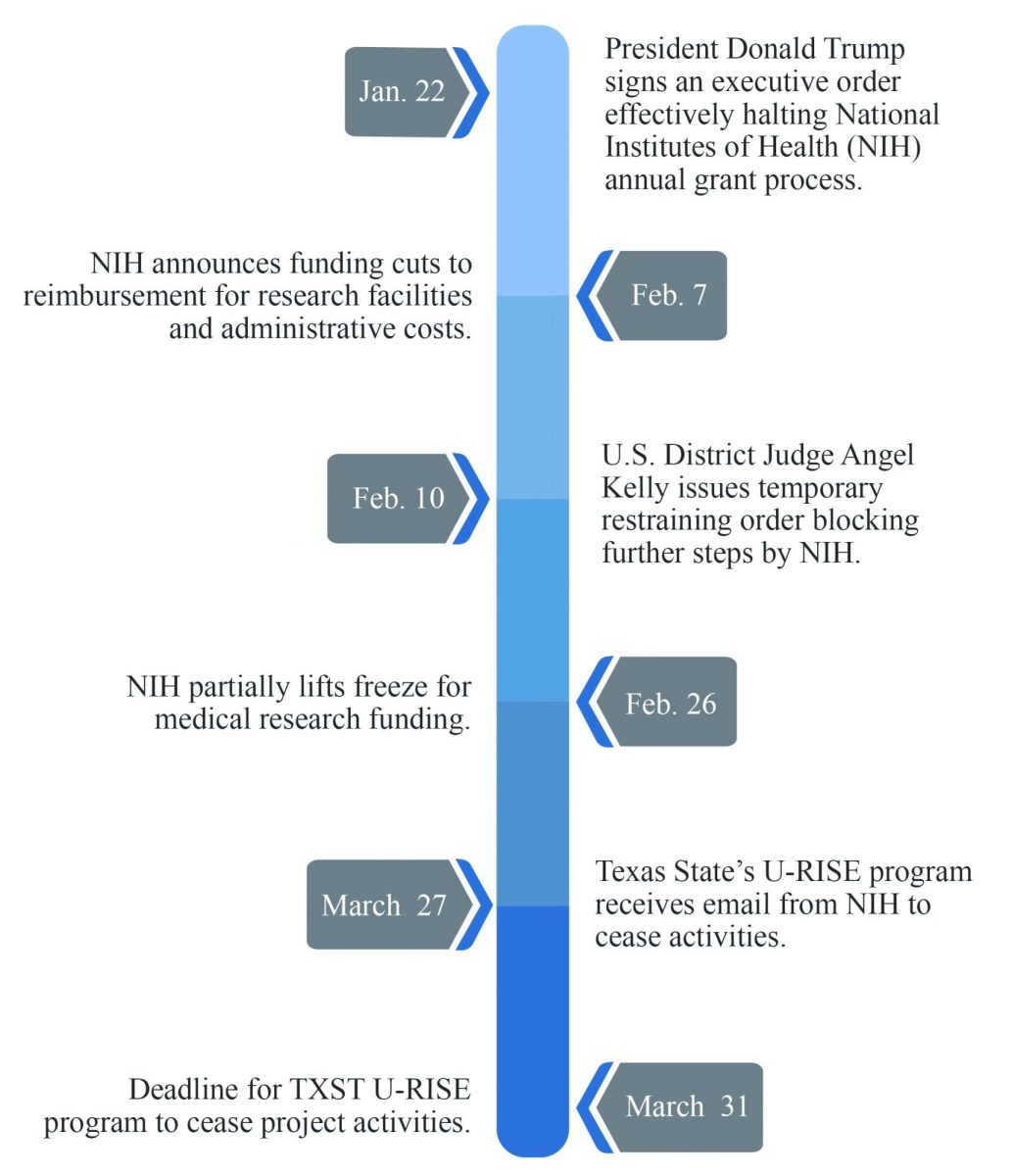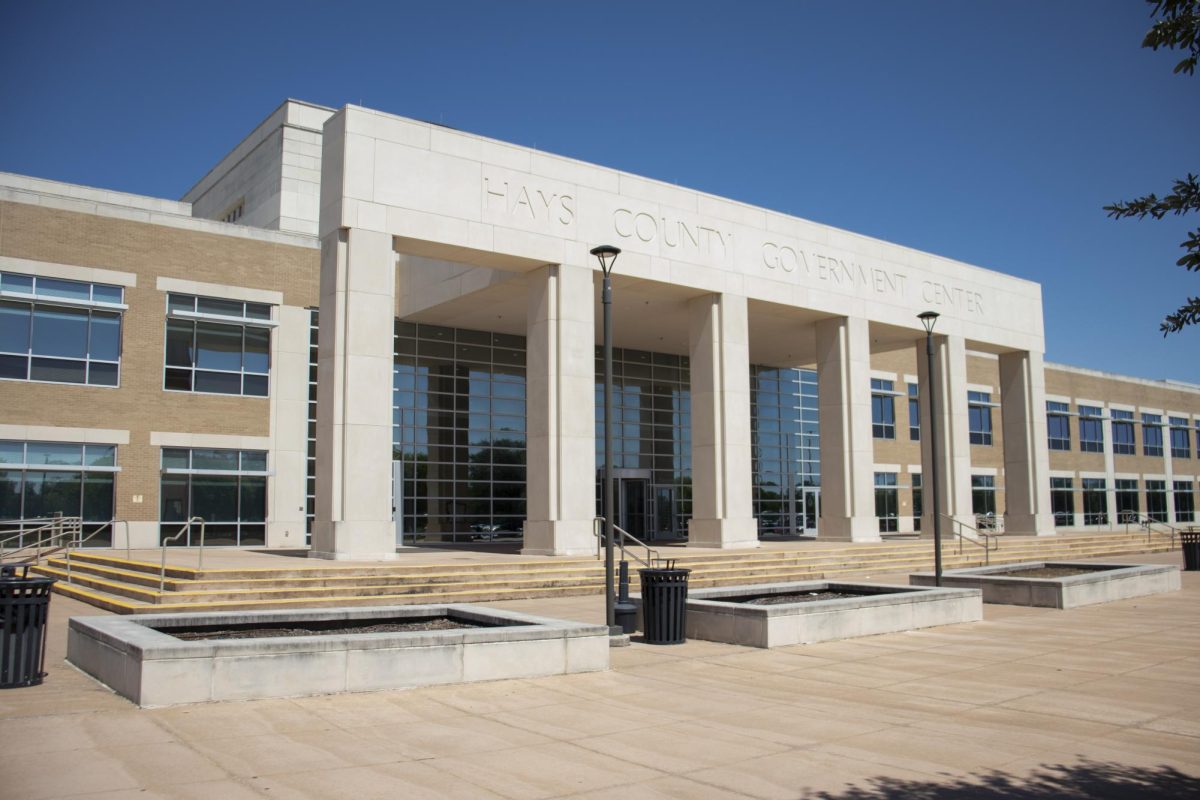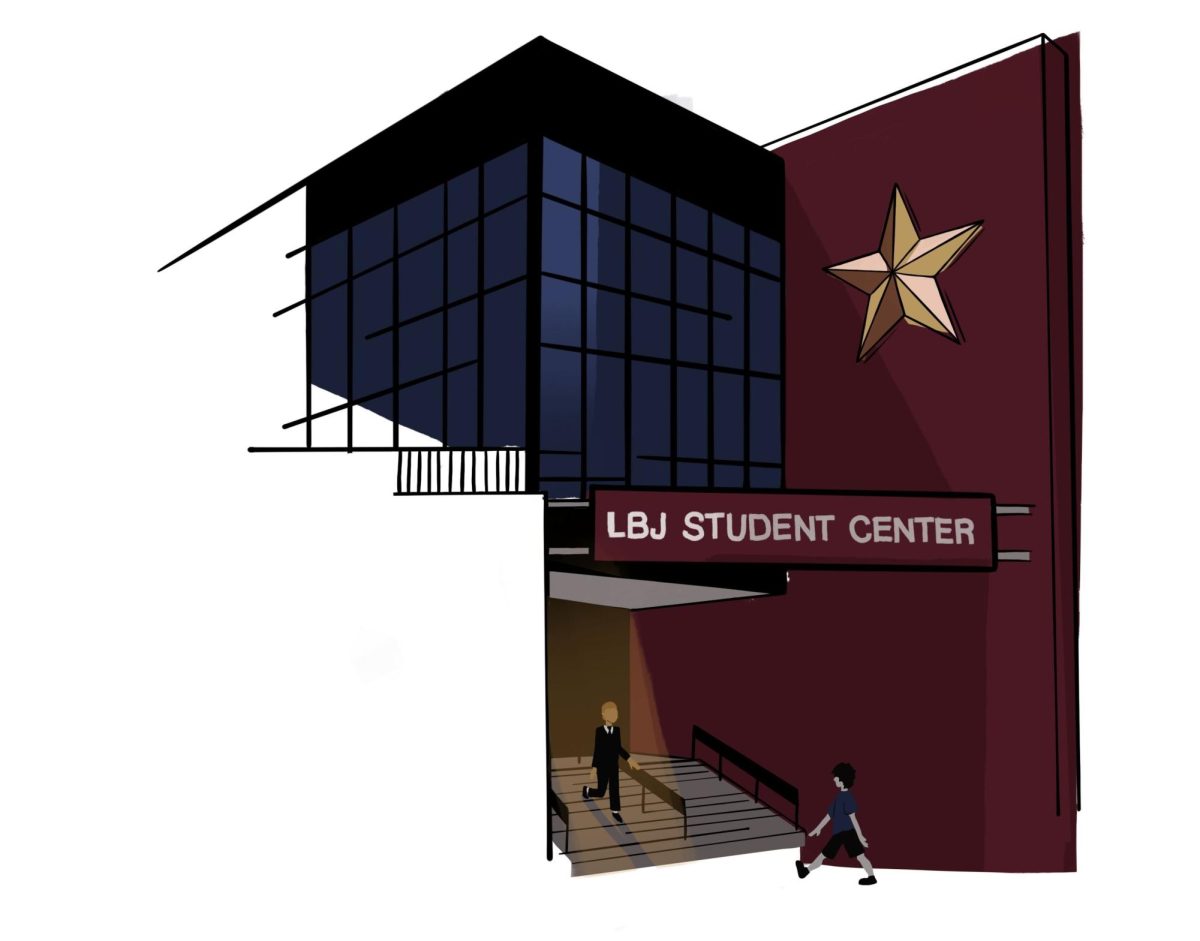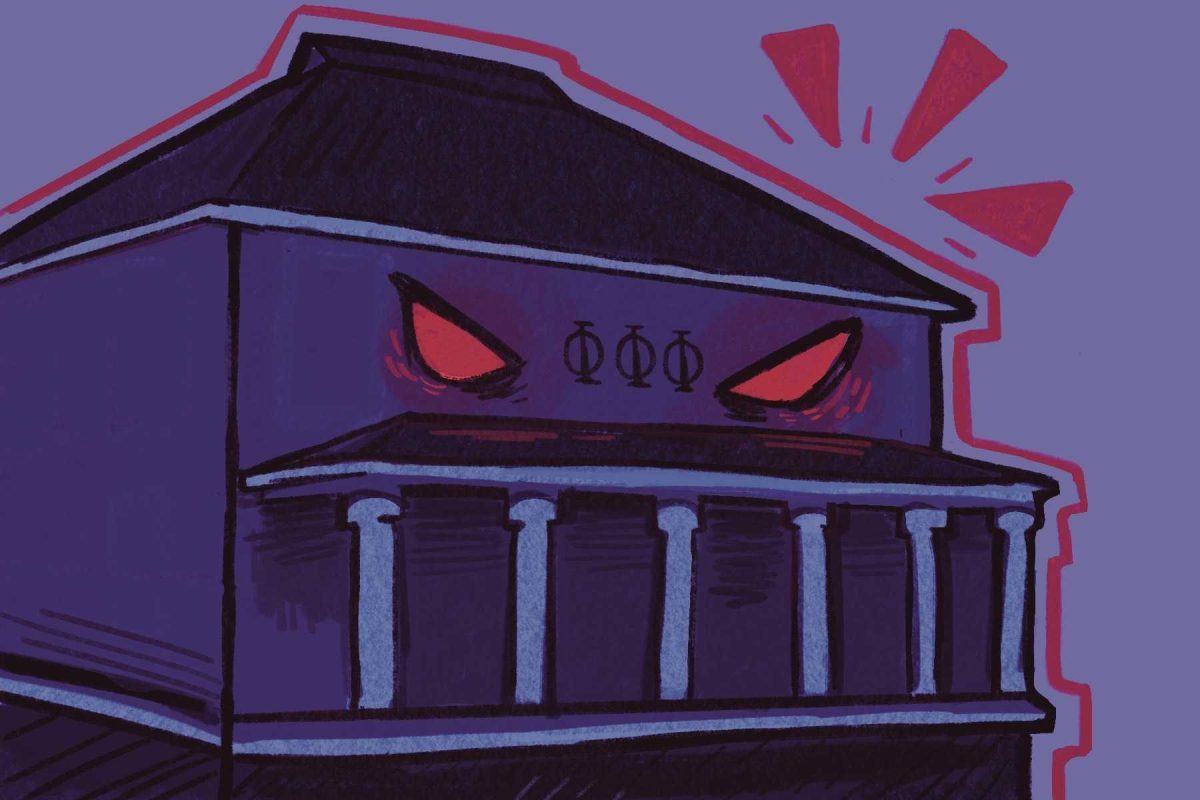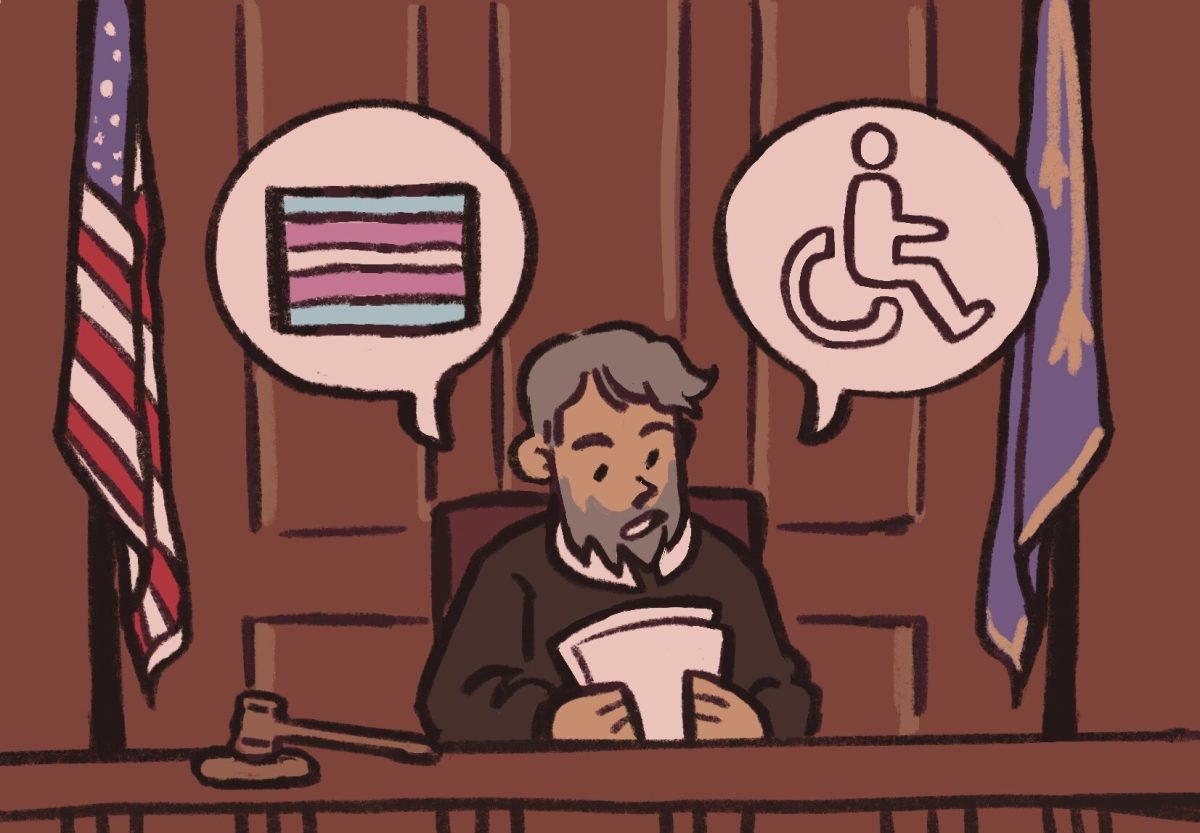On June 17, 2023, Gov. Greg Abbott passed Senate Bill 17 (SB 17), which prevents state-funded universities from having diversity, equity and inclusion (DEI) offices.
In addition, the bill prevents universities from having required diversity training and restricts “applicants from [talking] about their commitment to building diverse campuses,” according to the Texas Tribune. Sen. Brandon Creighton said DEI programs are politically charged and weaponized.
SB 17 contradicts the core ideals of higher education. Along with the restriction of DEI offices, universities will no longer be able to host events such as the annual Texas State Drag Show due to the language of the bill and its restrictions.
SB 17 states, “The purpose of this subchapter is to prohibit institutions of higher education from requiring or giving preferential consideration for certain ideological oaths or statements that undermine academic freedom.”
The legislation restricts public institutions in Texas from organizing or facilitating any activities that specifically reference race, color, ethnicity, gender identity and sexual orientation. Because of this, the annual drag shows hosted by Texas State must come to a halt.
Lauren Hopkins, an integrated studies junior, had never seen a drag show before attending Texas State. She was introduced to a new community through campus events.
“I really liked how diverse it was and how it expands our community [through] people being themselves,” Hopkins said.
The drag show served as a vibrant celebration of creative expression and a crucial platform for introducing students to the LGBTQ+ community. Experiencing drag shows for the first time allows students to expand their horizons and engage with communities they may have not encountered otherwise.
Drag encompasses various interpretations, but it generally involves exaggerated performances that defy traditional male or female stereotypes. Through vibrant costumes, bold makeup and distinctive characters, drag embraces the innate desire for imaginative expression.
Tequila Rose, a prominent drag figure in San Marcos, said she did not know the impact she would make at Texas State. The community she found in San Marcos lit her fire.
“Performing at Texas State is still one of the best things to happen to me during my studies,” Tequila Rose said. “Getting to serve as a pillar in the community over the years has been rewarding. Texas State and San Marcos provided me the resources to become who I envisioned after I graduated high school.”
Students at Texas State come from many different areas and backgrounds. Upon arriving on campus, many students are weary of drag queens. Introducing new or controversial topics in higher public education allows people to be more open-minded.
“Drag being visible in university settings is needed,” Tequila Rose said. “It not only allows young adults to explore and learn more about themselves while building a sense of community, but it challenges one to think about the larger picture of life. The enjoyment [of] drag is that it’s nothing serious. It’s a celebration of life.”
College often gives students more influence over their decisions and goals. During this critical era, one learns to recognize ideals that resonate profoundly with others and gain clarity about their position in the world. At Texas State, this journey is complemented through events such as the annual drag show.
Diversity offices exist to provide a voice to minorities. Diversity doesn’t force people to change their thinking, instead, it encourages openness to different viewpoints. SB 17 affects not only drag queens but all minority groups.
In addition to preventing events like the drag show, SB 17 hurts Texas State’s mission to “embrace a diversity of people and ideas.” As a learning institution, Texas State must stick to diversity, fairness and inclusion for everyone. Students should be able to learn from different perspectives to succeed in a diverse world.
To reduce the impact of SB 17 on campus, proactive steps can be implemented. First, Texas State should participate in advocacy efforts to contest the bill’s limits, emphasizing the necessity of creating an inclusive campus climate. The University of Houston and Rice University are some of the first universities to participate in these advocacy efforts.
Alternative funding sources can also be explored to assist projects encouraging diversity and inclusion, ensuring that critical programs like the yearly drag performance continue to thrive. Furthermore, Texas State should prioritize educational initiatives that increase awareness about the importance of diversity and the negative consequences of discriminatory laws.
Texas State students have the opportunity to contribute to organizations like the Legal Defense Fund, dedicated to safeguarding students’ rights in the pursuit of racial justice, equality and inclusivity. Through donations and advocating for their cause, students empower these organizations to continue their crucial civil rights work.
SB 17 undermines the essence of higher education by restricting diversity offices and events like Texas State’s drag show. To counter the impact of SB 17, students must advocate for inclusivity and ensure universities remain welcoming and diverse learning environments.
-Aili Ortega is a marketing senior
The University Star welcomes Letters to the Editor from its readers. All submissions are reviewed and considered by the Editor in Chief and Opinions Editor for publication. Not all letters are guaranteed for publication.



